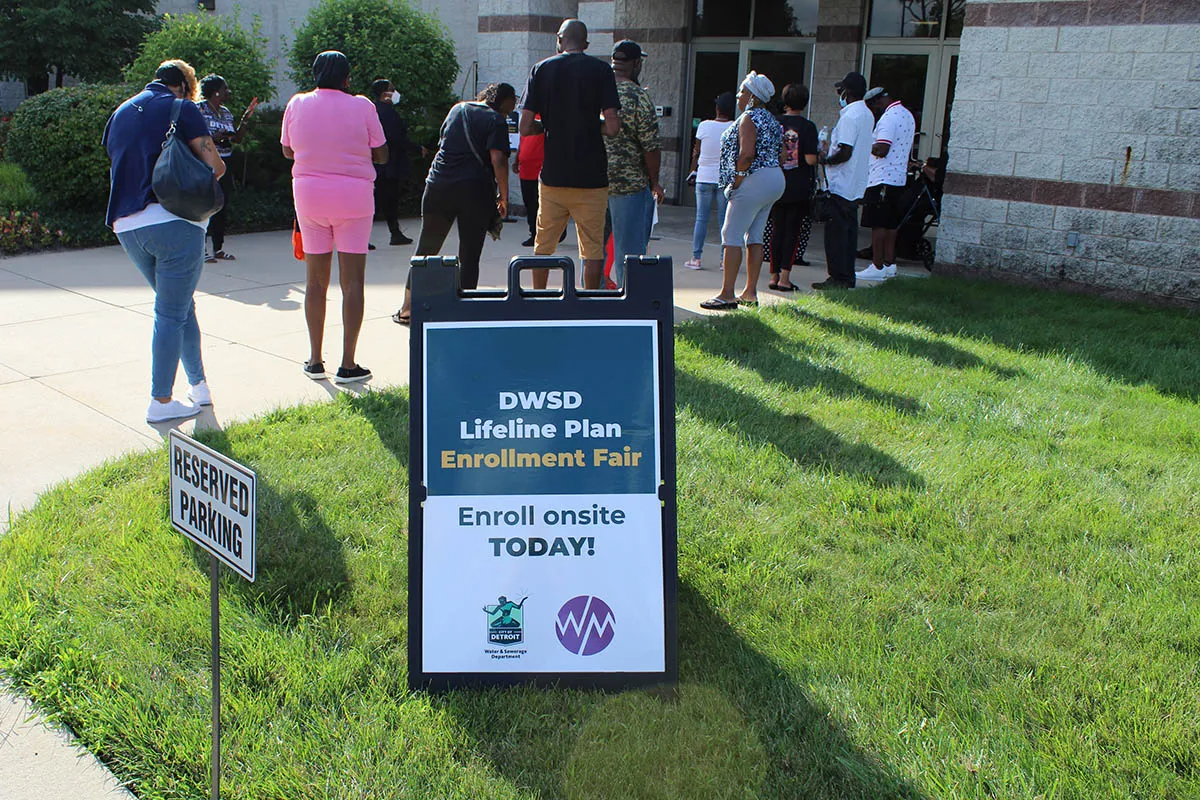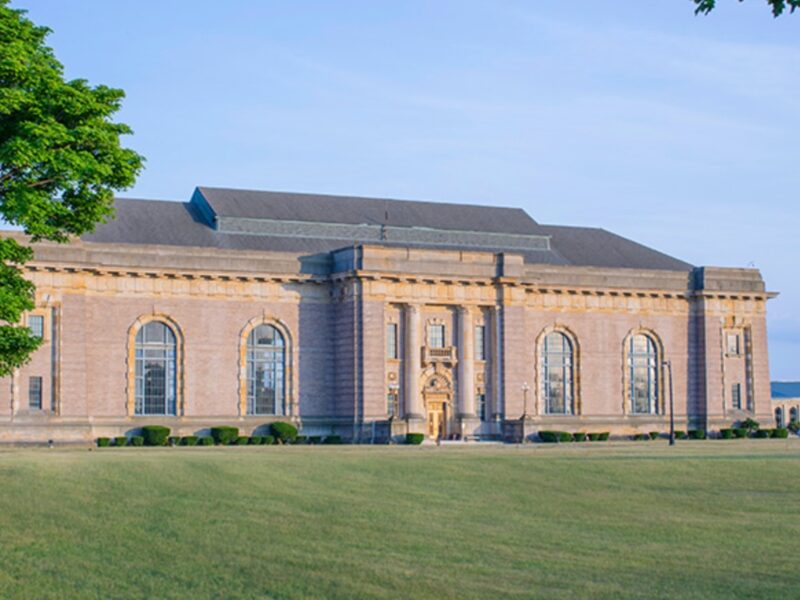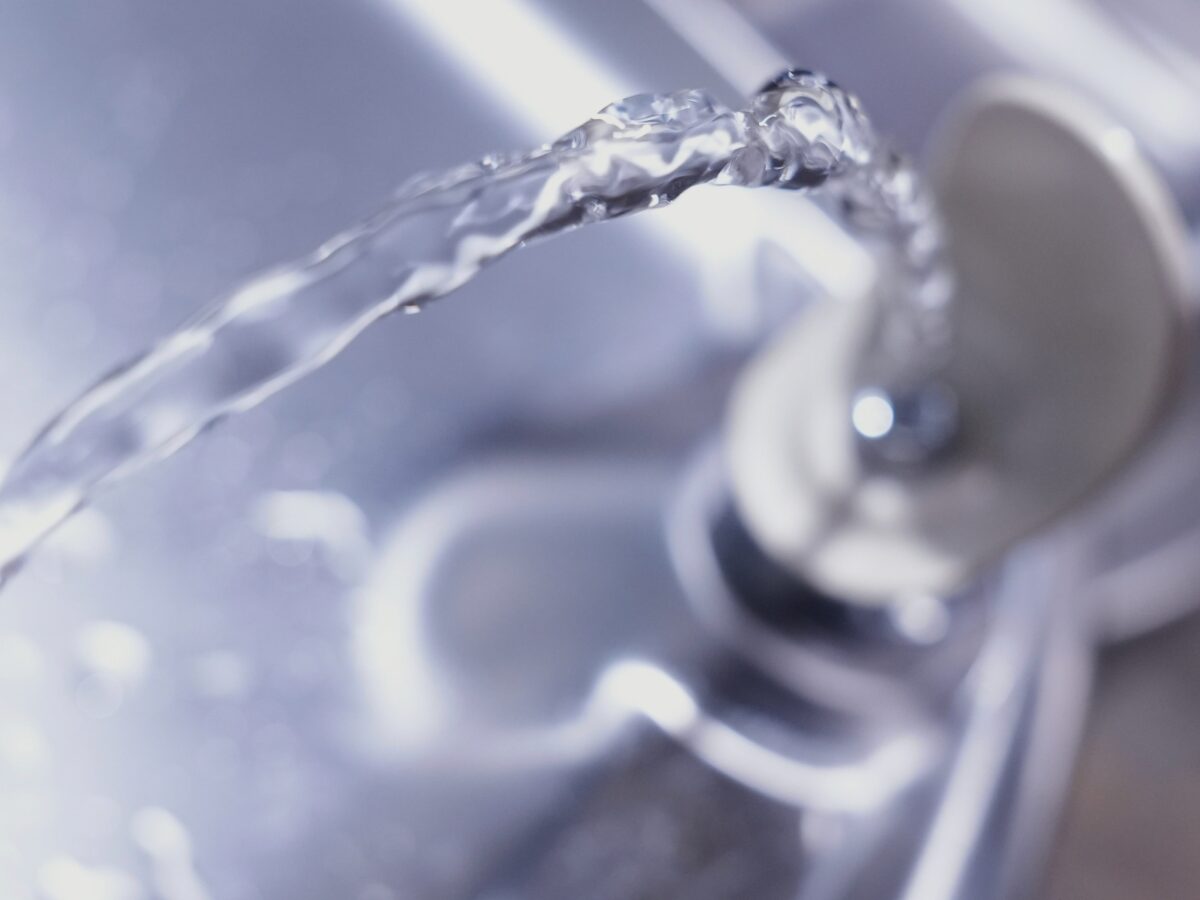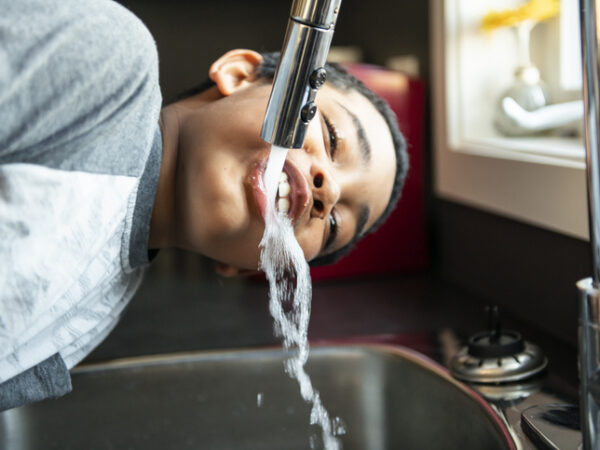Overview:
- DWSD's Lifeline plan reduced eligible Detroiters' water bills to as low as $18 per month and wiped away debt from overdue bills.
- With state and federal dollars gone, the program is shrinking to one for households at or below 200% of the federal poverty level with no past due balance.
- A letter from DWSD to Lifeline enrollees, marked Sept. 8, notified customers that funding for the program goes through September and that their next bill would reflect regular monthly charges.
By NUSHRAT RAHMAN
BridgeDetroit
This story was originally published by BridgeDetroit, a nonprofit and nonpartisan news organization. To get regular coverage from BridgeDetroit, sign up for a free BridgeDetroit newsletter here.
A water affordability plan in Detroit that once enrolled nearly 30,000 households has run out of money, officials say, forcing the Detroit Water and Sewerage Department to revamp the plan into one with a higher monthly bill that serves fewer customers in need.
DWSD’s Lifeline Plan — a water affordability program that reduced eligible Detroiters’ water bill to as low as $18 a month and wiped away debt from overdue bills — launched in 2022 with regional, state and federal funding.
Now, money from the state and federal government is gone. What remains is $3.5 million to cover about 5,000 residents per year, as the city’s water department tries to get more funding from the state’s newly approved budget. Water advocates raised questions and concerns about the enrollment process for the scaled back version of the program, named Lifeline H2O, and called for a permanent funding source.
“Since we only have $3.5 million to work with, in order to stretch it as far as we can and to be able to help as many people as we can, the first change that people are going to see is that the $18 all-in water bill that they were receiving will go to $34,” DWSD Director Gary Brown told the Free Press.
The original Lifeline Plan set fixed bills for water, sewer and drainage at three tiers, based on income and household size: $18, $43 and $56 a month. Most households, as of Oct. 1, were in the $18-dollar tier, according to a dashboard on the water department’s website.
City officials launched the program as a way to address water affordability and prevent shut offs. But even at the time, Brown acknowledged the need for a permanent funding source. Water rights advocates have long pushed for income-based water rates. A decade ago, Detroit drew international attention for its shut-off practices, spurring the United Nations to declare that cutting off water for those with a “genuine inability to pay” is a human rights violation.
Cecily McClellan, director of water works for We the People of Detroit, said the grassroots group was disappointed to see changes that will lead to fewer Detroiters benefiting from the plan.
“We are deeply concerned that the transition from the Lifeline Plan to the new Lifeline H2O program will cause harm to the very residents this program was meant to protect,” McClellan said in a statement to the Free Press.
Here’s what to know about the change:
How will the Lifeline Plan change?
The smaller version of the program is for households at or below 200% of the federal poverty level — or $53,300 for a three-person family — and who don’t have a past due balance. Under the plan, the monthly water bill will be $34 and households can use up to 6 centum cubic feet (CCF) of water, or about 4,000 gallons. If customers are 90 days past due, they’ll be removed from the program. They can re-enroll once they’re up-to-date and request to enroll again.
Paring down the program to one tier, as opposed to three, is a “lot less burdensome administratively,” Brown said. The Wayne Metropolitan Community Action Agency will no longer administer Lifeline; the water department will. Brown said the move redirects several million dollars to go toward households instead of paying the nonprofit to operate the program.
The DWSD Board of Water Commissioners this week authorized the water department to contract with technology company, Promise Network, Inc., to process applications and eligibility. The water department will manage the program, including customer service, deploying in-house staff for the task, Brown said.
When will the changes kick in?
Brown said the water department expects to have the new plan in place by mid-November. Customers, he said, should see the $34 bill in December. In October and November, Detroiters who were in the former version of Lifeline will see a regular bill — on average, $88.
Last September, more than 25,000 households were in the program. At the time, the water department required customers to verify their income eligibility and reenroll in the program each year to remain on the plan. Nearly 8,000 households were enrolled in Lifeline, as of Oct. 1. The new iteration of Lifeline can take 5,000.
“We’ll take those 8,000 people, we’ll start re-enrolling them into the new program until we get to 5,000 — first in, first out — and then the 3,000 that don’t get in will seamlessly move into EasyPay,” Brown said.
Detroit’s EasyPay Plan is an interest and penalty-free program that does not have income restrictions. Customers can enroll by putting down a $10 deposit, then paying off the overdue balance over 36 months, on top of the regular bill. The program spares them from a water shut-off as long as they make payments.
A letter from DWSD to Lifeline enrollees, marked Sept. 8, notified customers that funding for the program goes through September and that their next bill would reflect regular monthly charges. DWSD referred customers to the EasyPay Plan if they have a past due balance and let them know to watch for updates from the water department. Next, customers are expected to get another letter detailing how to verify their income and household size to qualify for the new version of Lifeline.
“We’re hoping to have all of this done within 60 days and by mid-November, have our 5,000 folks recertified into the program,” Brown said.
How much funding does the program still have?
Lifeline has $3.5 million from the Great Lakes Water Authority’s (GLWA) WRAP program — a 68% reduction from the roughly $11 million the program had in state and GLWA dollars for the 2025 fiscal year, from Oct. 1 to Sept. 30. WRAP, which stands for Water Residential Assistance Program, is intended to help households reduce past due balances and get water and sewer bill payment help.
Brown said the water department is seeking a slice of statewide utility funding approved in the state budget. His department wants $3 million, of the $5 million allocation, which he said could double the reach of the new Lifeline program.
“We’re searching for federal dollars, state dollars, philanthropic dollars to be able to enroll everyone that needs help,” Brown said, who acknowledged it’s “highly unlikely” for the program to get the funding it once had.
MORE REPORTING FROM PLANET DETROIT
GLWA work creates confusion over discolored Detroit drinking water
Detroiters on the lower east side and downtown experienced temporary water discoloration due to valve operations at the Water Works Park treatment plant. While the water remained safe to drink, not all residents in the affected area of the city were notified.
GLWA raises $280 million for water, sewer projects with bond sale
Fitch Ratings upgrades the Great Lakes Water Authority’s sewer bonds alongside new bond deal.
GLWA customers challenge water rate hike as costs spike by 5.9%: ‘Why now?’
The Great Lakes Water Authority voted to increase water rates for metro Detroit water systems by 5.9% on Wednesday, along with a 4.5% sewer rate hike. The increase represents a slight reduction from the 7.73% water rate hike and 5.39% sewer increase proposed by GLWA. The decision came after dozens of people packed a GLWA…
What do water advocates have to say?
At a September DWSD Board of Water Commissioners meeting, before commissioners approved the new Lifeline plan, speakers during the public comment period expressed concerns about the overhauled program, including the ability of new applicants, especially those with arrearages, to enroll.
“This policy is being rushed,” said Demeeko Williams, CEO of Hydrate Detroit, which helps people with high water bills, at the Sept. 17 meeting. The monthly bill, he said, should be $25 instead of $34 and older adults should receive an $18 bill.
At this week’s Board of Water Commissioners meeting, advocates raised questions about how residents would be notified of the changes and the re-enrollment process. Residents on fixed incomes, who are in Lifeline, are concerned about what the new plan will mean for them and if they can get into the program, said Norrel Hemphill, legal and public policy manager at We the People of Detroit at the Oct. 15 meeting.
McClellan, also of We the People of Detroit, said the organization has long advocated for a permanent water affordability solution that’s not dependent on temporary funding and ensures that households are paying no more than 3% of their income on water.
“Such a solution would both stabilize revenue for utilities and guarantee that every Detroiter has access to this life-sustaining resource,” McClellan said.
This story was co-published by BridgeDetroit and The Detroit Free Press.





